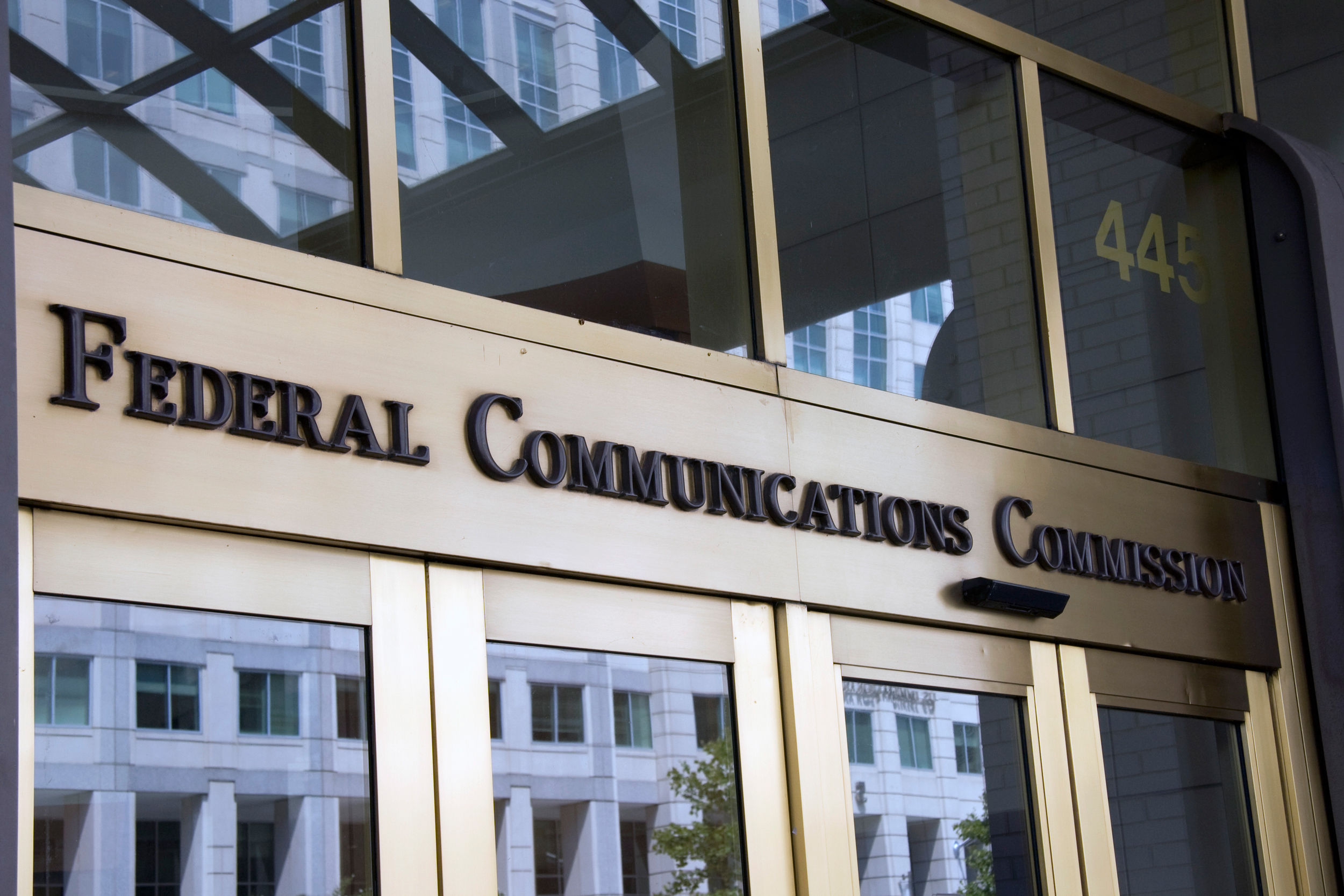FSF Calls out Call for Internet Fairness Doctrine
May said it would be unconstitutional

The smarter way to stay on top of broadcasting and cable industry. Sign up below
You are now subscribed
Your newsletter sign-up was successful
Free State Foundation president Randolph May is sounding the warning bell on a possible effort to extend the discredited broadcast "fairness doctrine" to the internet.
The doctrine, which the FCC scrapped in 1987, required broadcasters to seek out and air viewpoints on issues of public importance and air opposing views. The doctrine has not been enforced since then, but was only taken off the books in 2011 after a campaign to formally expunge it led by then-commissioner Robert McDowell.
Related: Sen. Manchin Bemoans Demise of Fairness Doctrine
May tweeted Tuesday (June 2):
"Perhaps it was inevitable that advocates of Internet regulation would go from advocating "net neutrality" to public utility regulation to "fairness doctrine for the Internet" a la @RoKhanna below. This is misguided and would violate the #FirstAmendment. @AjitPaiFCC @mikeofcc."
Rep. Ro Khanna (D-Calif.) reportedly told Politico that the doctrine should be revived to protect online speech decisions from billionaire tech leaders, and instead have the FCC insure rights of reply and that "blatant falsity" is not protected.
That came in the wake of President Donald Trump's call for the FCC to get involved in regulating social media.
The smarter way to stay on top of broadcasting and cable industry. Sign up below
It was a Republican President--Ronald Reagan--who foiled a Hill effort to revive the fairness doctrine after the unanimous 1987 FCC decision to abolish it.
Contributing editor John Eggerton has been an editor and/or writer on media regulation, legislation and policy for over four decades, including covering the FCC, FTC, Congress, the major media trade associations, and the federal courts. In addition to Multichannel News and Broadcasting + Cable, his work has appeared in Radio World, TV Technology, TV Fax, This Week in Consumer Electronics, Variety and the Encyclopedia Britannica.

